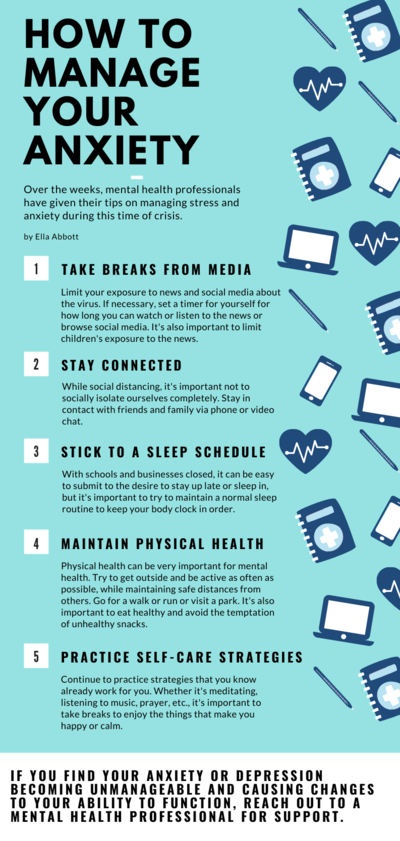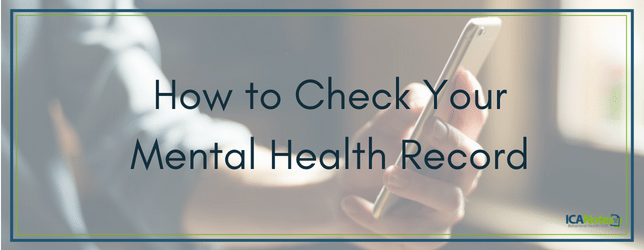Do not stay alone. Ah, research, a mandatory workout required by lots of teachers in high school. It is not an enjoyable activity; typically, it primarily consists of workouts to train the student for upcoming tests. A study led by the University of Phoenix exposes that high school trainees need to handle a typical 17.5 hours of research weekly.
And if trainees stop working to hand in research, they will get a bad grade, so they can't enable themselves to simply leave it. Whatever must be done, otherwise. Lots of think research is bad for children, simply since they need time to get some rest for their developing minds. A trainee left his seat without caution, walked toward the window, and began to sob frantically. Henderson approached the student, who quietly told her that the previous night he had actually negotiated with the devil, but wanted he hadn't. "I made an error. https://transformationstreatment1.blogspot.com/2020/06/opiate-rehab-delray-beach-fl.html Offer me my soul back!" he yelled.
Apparently reassured, he silently returned to his seat. This wasn't the very first time Henderson had managed a situation with a student whose behavior demonstratrated a mental health concern. But this specific occurrence made her realize that the patchwork of resources readily available to teachers in her school and district that were developed to assist students who may be coming to grips with mental disorder wasalthough partially usefulinadequate.

Eventually, she established a workshop geared towards teachers who were trying to find basic information, pointers, and strategies on ways to create a better knowing atmosphere for trainees who have a mental disorder. Henderson carried out the workshop at professional advancement conferences sponsored by the Virginia Education Association. The workshop only "scratches the surface," Henderson states, but the teachers at her discussions were always grateful for the info.
Despite the fact that teachers can be extremely effective in recognizing red flags in student interactions and behaviors, says Theresa Nguyen, vice president of policy and programs at Mental Health America, "our teachers are already pressed to the max." "It's best that they be viewed as partnerswith parents, the administration, the communityin assisting trainees with psychological health obstacles," Nguyen says.
public education system just isn't addressing student mental health in a detailed way. The magnitude of the issue can not be overstated. At least 10 million students, ages 1318, need some sort of professional assist with a psychological health condition. Anxiety, anxiety, attention-deficit hyperactivity condition (ADHD), and bipolar illness are the most typical psychological health diagnoses amongst children and adolescents.
The Child Mind Institute reports that half of all mental disorder happens prior to the age of 14, and 75 percent by the age of 24highlighting the urgent requirement to develop systemic approaches to the issue. "One in 5 students in this nation requirement treatment," says Dr. David Anderson, senior director of the Institute's ADHD and Habits Disorders Center.
Our How Does Music Affect Your Mental Health Diaries
Interest among legislators, however, is a reasonably new pattern, sparked primarily by the spate of mass shootings. There is also a growing awareness of the tension and stress and anxiety gripping a lot of teenagers, the role of trauma in their lives, overdue analysis over punitive school discipline policies, and the terrible impacts of hardship.
" The public's natural response is to say we require more psychological health services and programs, and we do," Reamy includes (how does physical activity affect mental health). But much of the nationwide conversation has been naturally reactive, concentrating on "crisis response" to school shootings in particularrather than a methodical approach to helping trainees with their psychological health needs.
" The research is really clear that when a school has a system-based, evidence-based, entire school approach, all students are more engaged academically," states Anderson. Such programs differ however they typically supply substantive professional advancement for personnel, workshops, resources, and have social and emotional learning proficiencies incorporated into the curriculum. According to a 2014 study by the Center for Health and Health Care in Schools, students who get favorable behavioral health interventions see enhancements on a variety of behaviors associated with scholastic accomplishment, beyond letter grades or test scores.

Regardless of the apparent roi, detailed mental health programs are still only scattered across the country. Numerous resource-starved districts have cutor never ever had on staffcritical positions, particularly school psychologists, undermining their schools' capability and capability to properly attend to these challenges. While districts might look at employing more school therapists to fill spaces, Kathy Reamy cautions that their role is typically misinterpreted.
But genuine enhancement to school psychological health programs doesn't and should not end with employing more counselors. "The services they supply are usually responsive and quick therapy in nature," discusses Reamy. "The misconception of the role of the therapist typically either avoids trainees from coming to us at all or they come anticipating long-lasting therapy, which we merely don't have the time to provide." The stigma around mental health is another challenge to getting more services in https://transformationstreatment1.blogspot.com/2020/06/drug-rehab-delray-transformations.html schools.
We're seeing progress that hopefully will continue. We can't wait until a student is at a crisis state. Like diabetes or cancer, you must never wait until phase 4 to step in." - Theresa Nguyen, Mental Health America Still, more trainees are asking for help from their school. "We're discovering that young people are more eager to discuss these concerns, states Nguyen.
As essential as the task is, many see it as another person's task (how does cyberbullying affect mental health). The change in viewpoint is a powerful culture shift for lots of neighborhoods. "What makes it a little harder is the need to alter how we see studentsspecifically, believing less about a students' belligerent habits, for instance, and more about the factors for that behavior," states Joe O'Callaghan, the head of Stamford Public Schools social work department in Connecticut.
Some Of How Does College Affect Student’s Mental Health
" You have to make certain the whole school understands how to support these kids," O'Callaghan says. "In some cases what happens is a student will feel a great deal of support and support from a social worker. But then they'll return into the school and may not get the very same understanding from the teacher, the principal, the security personnel, whomever.